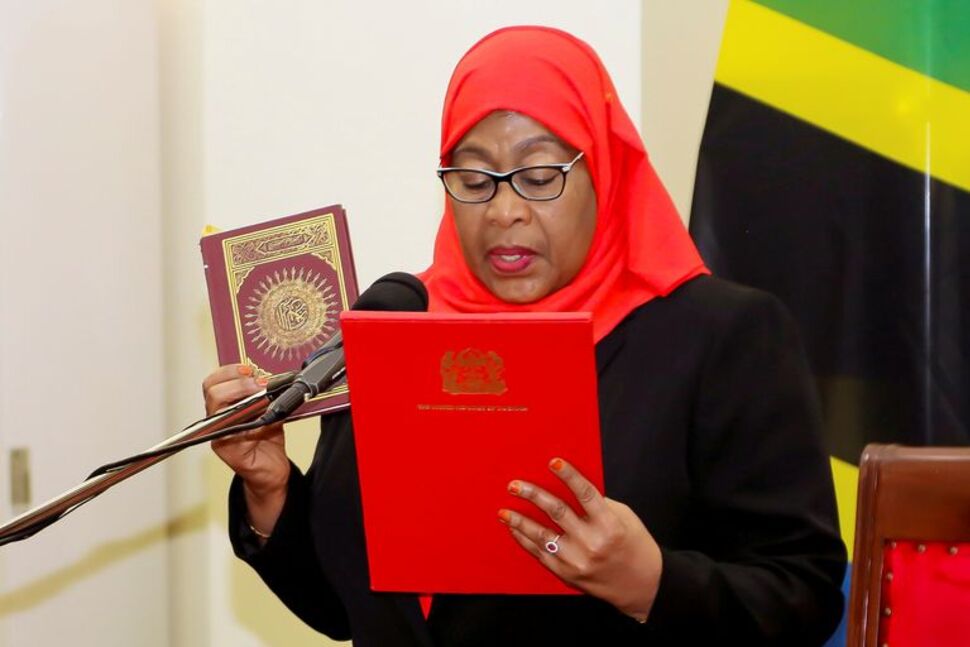Written by Faridah N Kulumba
Africa-Press-Tanzania This month the authorities in Tanzania revealed the plan to lift bans and suspensions on media organizations that had been barred from operating.
According to Deputy Permanent Secretary in the Ministry of Constitution and Legal Affairs, Amon Mpanju, the government of Tanzania has been holding talks with media owners and Tanzania Human Rights Defenders Coalition.
The plan
President Samia Suluhu Hassan’s government is looking at revising some law provisions to ensure that all banned media outlets are set free. Samia had ordered the ministry to resolve press freedom challenges in the country.
Why licenses were revoked
According to the Committee to Protect Journalists (CPJ), under President John Pombe Magufuli‘s government, media outlets and critical websites were shut down or suspended after publishing material that apparently did not please the Magufuli government and several journalists were arrested. Magufuli’s act heightened concerns among observers that the government was intent on exerting pressure on journalists and stifling freedom of expression.
April order
At the beginning of April 2021, a few weeks after Samia was sworn in as the new President of Tanzania after the sudden death of President Magufuli who died of heart conditions, she ordered the reopening of media outlets that were closed under the previous administration.
New hope
Journalists in Tanzania are hopeful that Samia’s order will lead to real reforms hoping that this can be a good beginning of press freedom and freedom of speech in the country. However, the laws or regulations that should be observed, still they’re oppressive. Some activists welcomed Samia’s decision to lift the media ban but urged the government to amend laws stifling press freedom.
Legal challenges
A major challenge is the new legal actions and regulations that heavily restrict journalism in Tanzania. These include the 2015 Cybercrimes Act, which designated jail time for “insulting” Magufuli. There’s also the 2016 Media Services Act, which designates jail time for sedition.
On top of that, the electronic and postal communications regulations enacted in 2018 which targetes forums, blogs, and streaming websites, are forced to pay heavy registration fees. If they fail to do so, they risk imprisonment or heavier fines.






